It took me far too long to reach the point where I could vote for Donald Trump confidently. I’d been redpilled multiple times. First in 2015, during Trump’s first campaign and the unhinged reaction to it; then again during the Brett Kavanaugh hearings; and most intensely in 2020 while living in Los Angeles. That city under lockdown was chaos. Churches and AA meetings were shuttered. Protests, looting and arson were tacitly permitted. I watched the collapse of society, a grim spectacle of selective enforcement and eroded trust. The grown-ups, I realized, weren’t in charge. Someone had to clean up the mess.
I could explain away my reluctance to vote for Trump with January 6 or his contesting the 2020 election results. Those events provided convenient excuses. But if I’m honest, the real barrier was deeper – a reflexive, almost primal reaction to shout “but the right…” This knee-jerk impulse to respond to any critique of “the left” with a list of crimes committed by “the right” kept me tethered to an ideology I didn’t really believe in. It was a factory setting, a default liberalism that took years to unravel.
Hollywood doesn’t help. It relentlessly reinforces the idea that conservatives are villains
I wasn’t redpilled in a single moment. It was a slow, humbling process of admitting I wasn’t the “good guy,” that I wasn’t inherently on the moral side of history. Only through conversations with people I respected did I see it clearly: I had a compulsive need to qualify any critique of the left with a jab at the right. It was a cultural tic, a way to signal virtue.
And what’s virtuous about signaling left these days? Their excesses are glaring. Russiagate theories were peddled as fact for years. Race-baiting became a default response to electoral losses, with “white women” scapegoated as the problem.
Commentators such as John McWhorter mused about wishing Trump had been assassinated, with no repercussions. The media didn’t wring their hands over “dangerous rhetoric” when it came from the left. There was no accountability, no boundary they couldn’t cross. For me, the tipping point came at a dinner party shortly after Trump narrowly survived his assassination attempt. A friend, emboldened by too much wine, lamented that the bullet had missed. “It was so close,” she slurred, as if rooting for a sports team. I was stunned – not just by her words, but by her confidence that she could say them in polite company. She spoke as if she were on the right side of history, untouchable in her moral clarity.
After that, the left’s moral asymmetry became impossible for me to ignore. When George Floyd’s death sparked nationwide protests, it legitimized any response – no matter how extreme.
Yet when Charlie Kirk was assassinated a few weeks ago, we were told that attempts to call out those celebrating his death were excessive. The left can cheer political violence, but the right can’t even push back without being accused of overreach. This double standard is rooted in a myth: that the left is the “kinder, gentler” side of politics.
But it’s not kindness. It’s weaponized empathy. Within hours of Kirk’s death, social media was flooded with teachers, doctors, pundits, musicians – pillars of civilized society in positions of authority – rejoicing in a man’s murder simply because they disagreed with him.
In truth, the left abandoned its kind streak for good old-fashioned authoritarianism long ago. Under their latest attempt at governing, kids faced sterilization under the banner of “gender-affirming care.” Men exposed themselves in women’s spaces and women were assaulted in prisons by male inmates. Businesses and federal buildings burned during riots enabled by a “defund the police” ethos. Millions of children fell behind during Covid school closures (some never logged back on).
For the left, being misgendered or told “no” are considered “existential threats.” For the right, the threat is literal: political violence and the possibility of being killed for your beliefs.
Hollywood doesn’t help. It relentlessly reinforces the idea that conservatives are villains. Even actors such as Chris Pratt, who seem “red-coded,” face scrutiny for their beliefs. But Kirk’s murder changed the rules. The right is done with the “let it slide” approach. It is no longer willing to absorb aggressive tirades about its supposed evils or to take the high road against a culture that celebrates right-wing deaths. The left calls this shift “cancel culture,” but it’s a false equivalency. Its version of cancellation punishes ordinary people for believing in biological reality, or questioning progressive dogma. It’s about humiliation, de-banking and ruining people’s lives for their thought crimes. The right is simply demanding accountability for political violence.
When Senator Chris Murphy warns that “something might be coming” in response to Kirk’s murder, he does not appear to be condemning the killers; rather, he seems to be scolding the victims for their outrage.
It’s the final evolution of “BUT THE RIGHT…” – a refusal to confront one’s own side, and its radicalization, while chastising the right for daring to fight back.
Most Americans have more in common with Charlie Kirk than with the alleged shooter or the elites making excuses. The everyday American “normie” sees this clearly. One side cheers murder; the other says it’s wrong. The choice isn’t hard.
This article was originally published in The Spectator’s September 29, 2025 World edition.



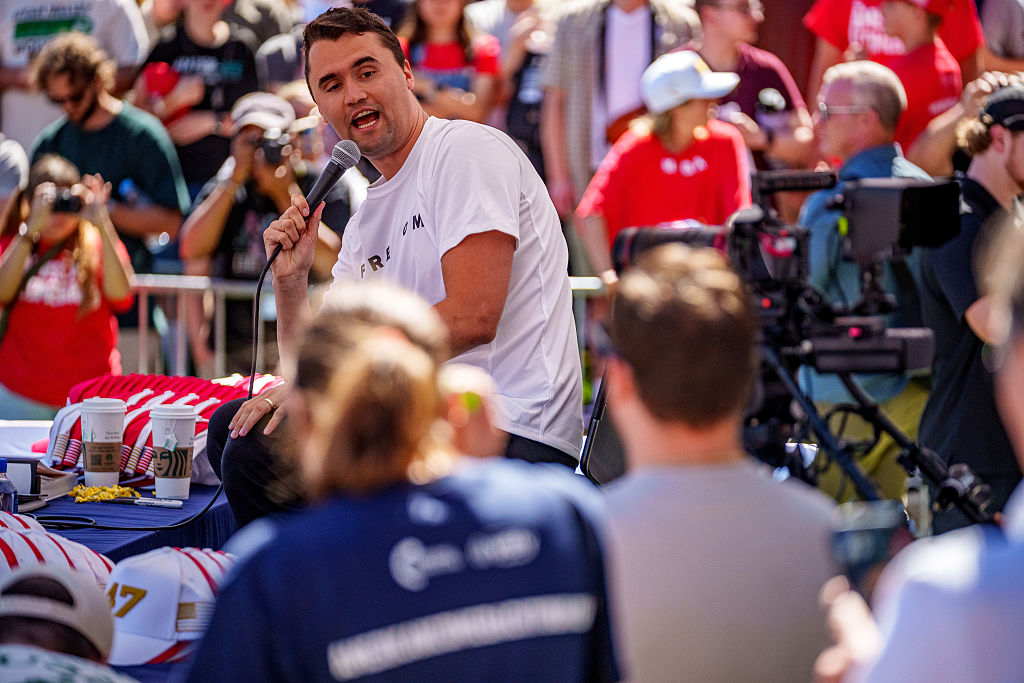






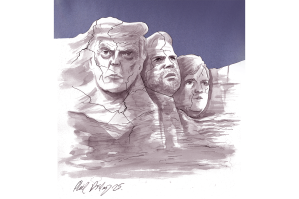

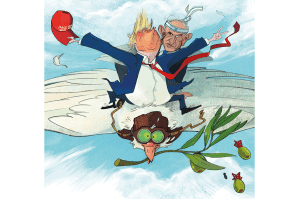
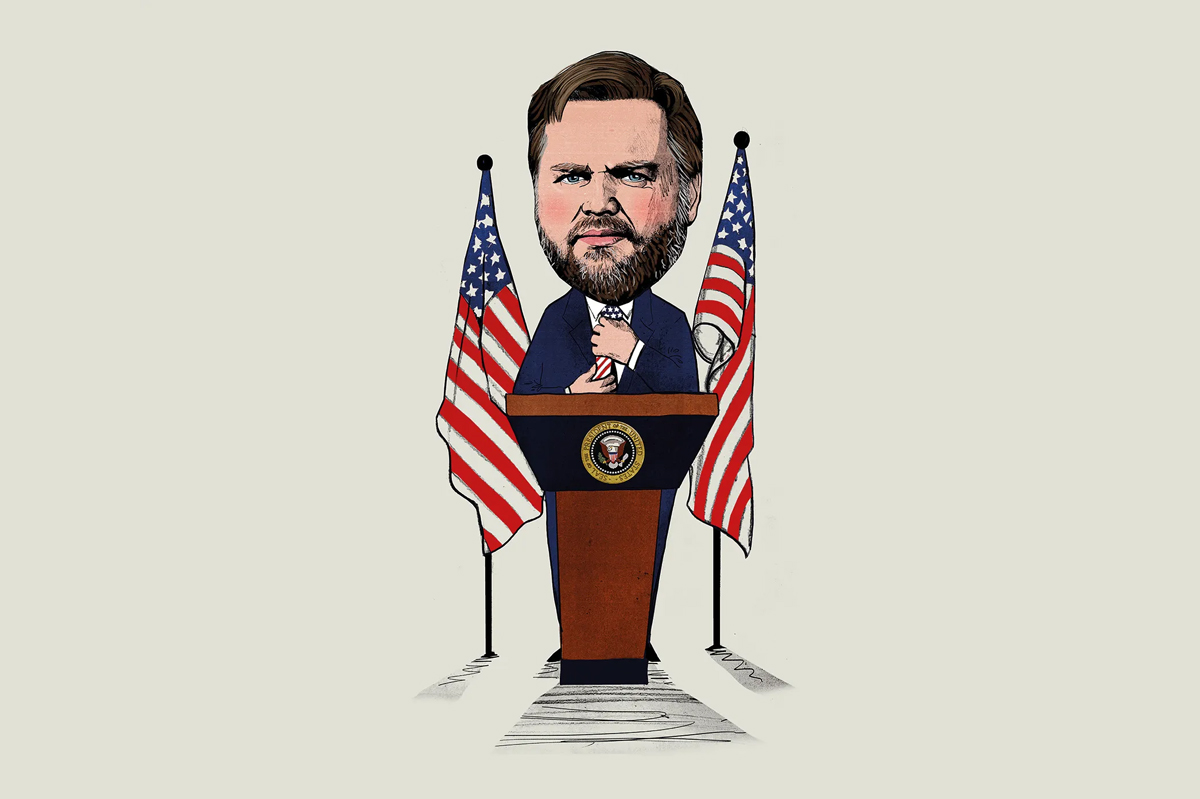
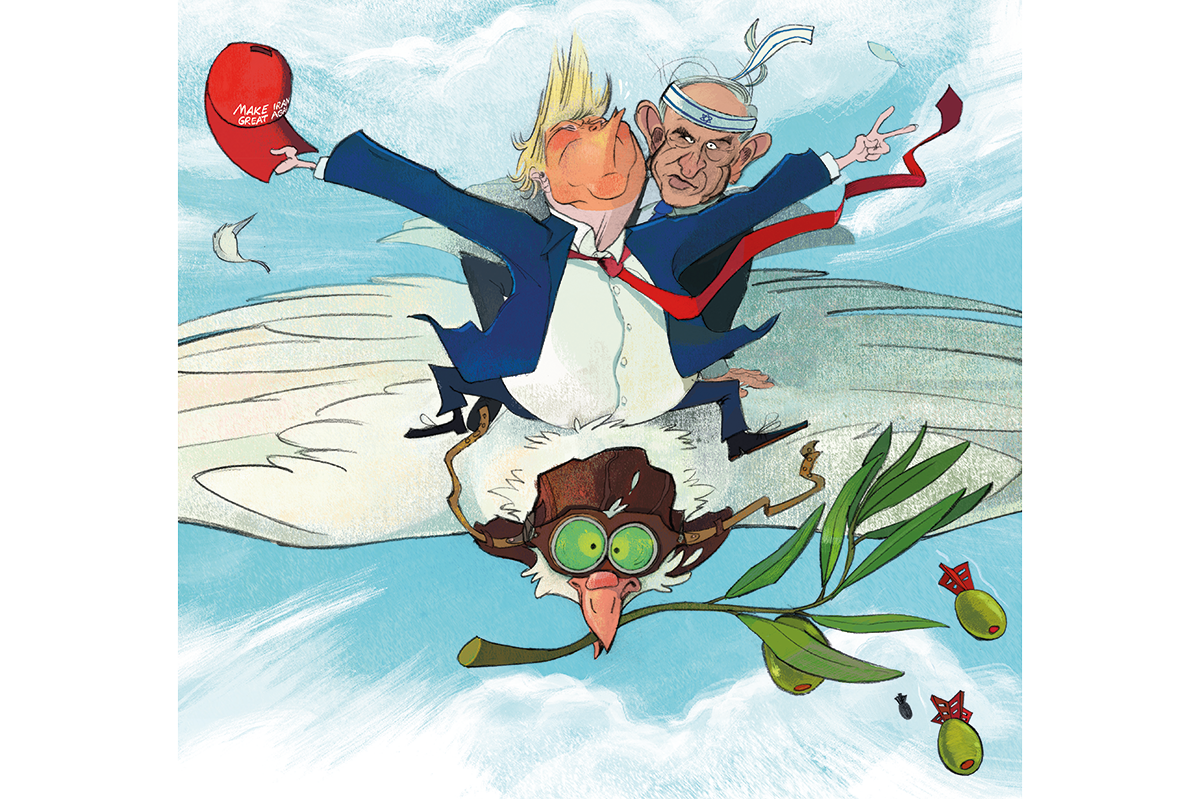
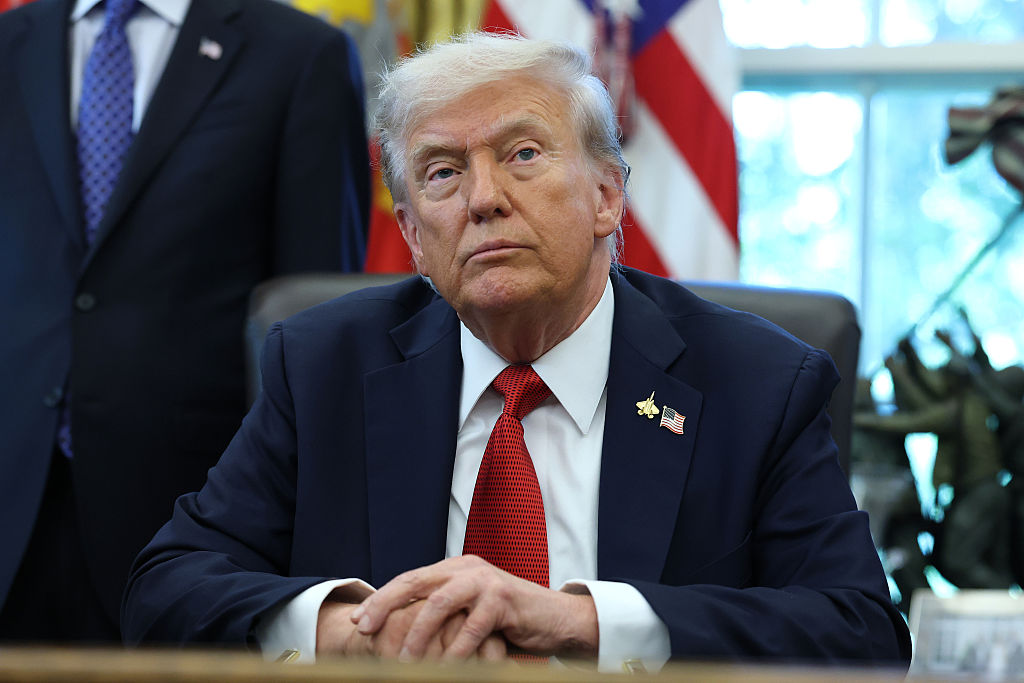
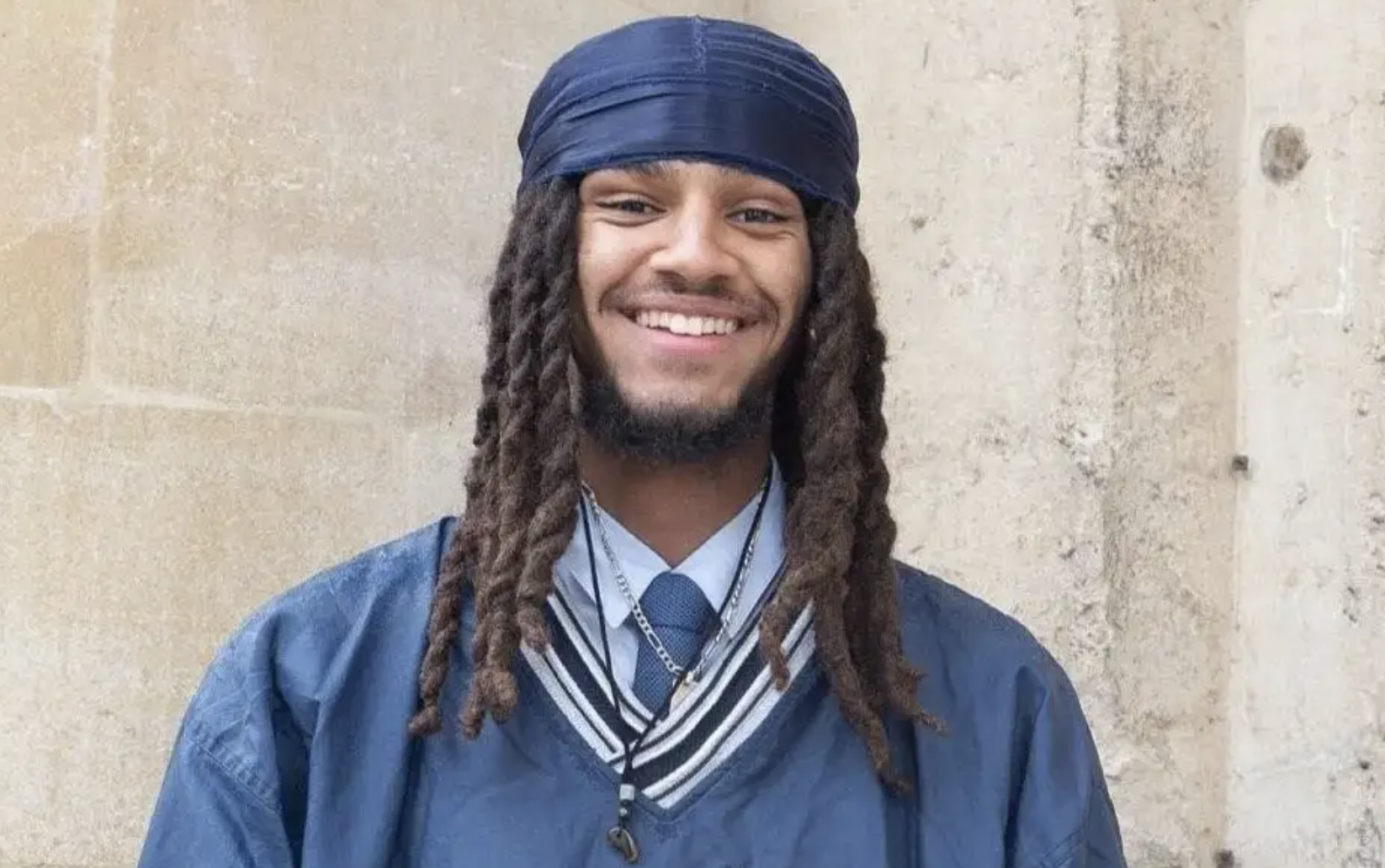
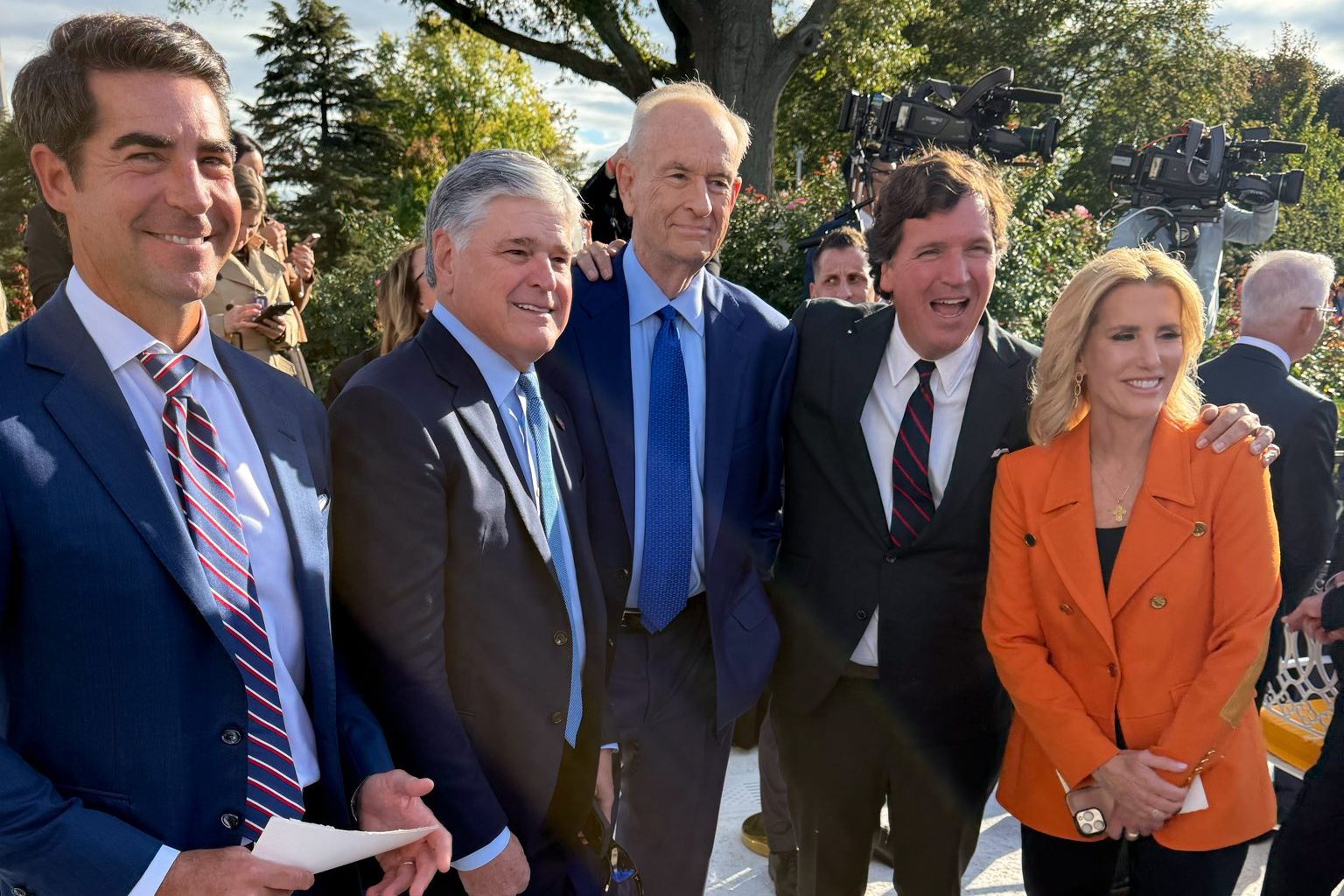
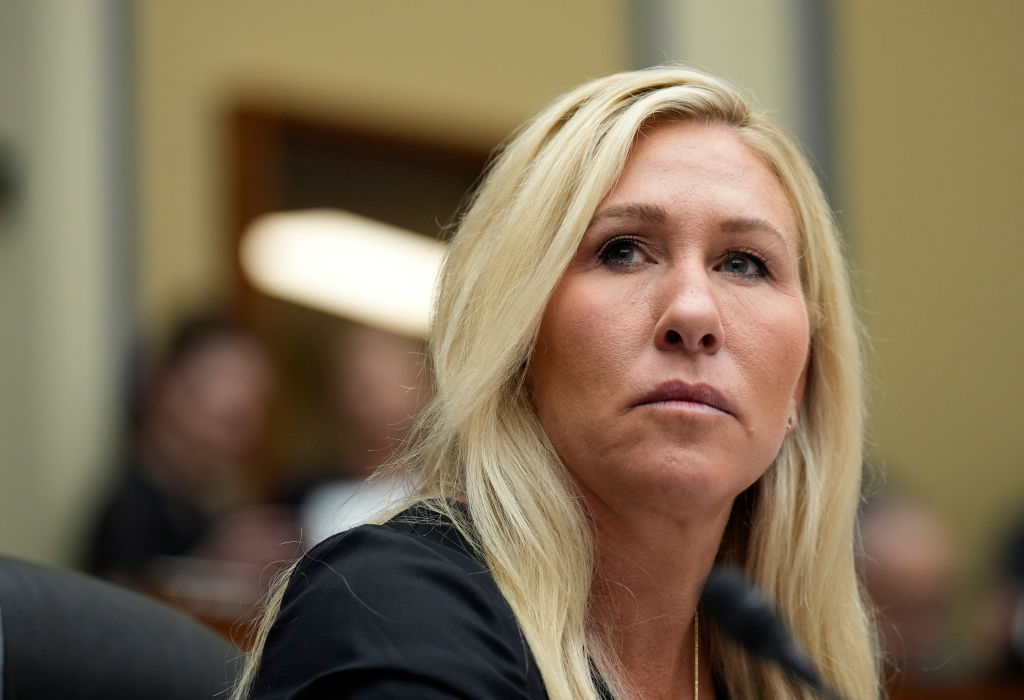







Leave a Reply